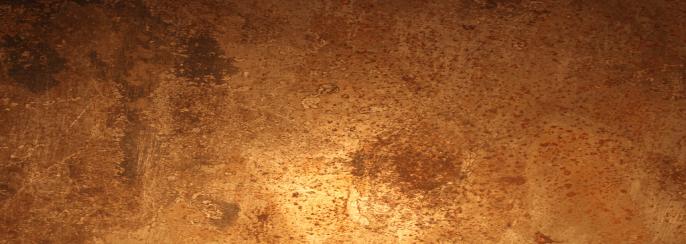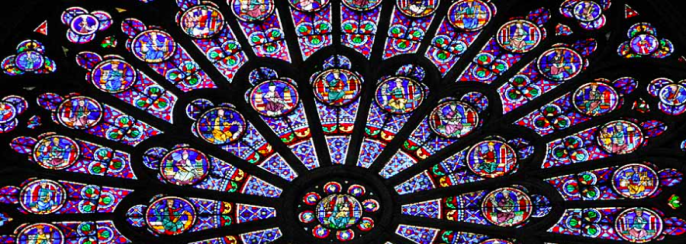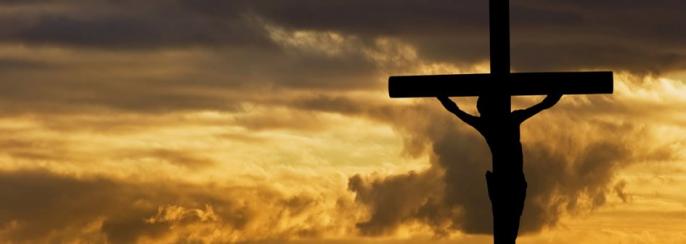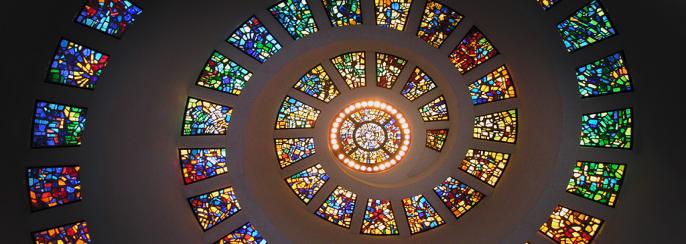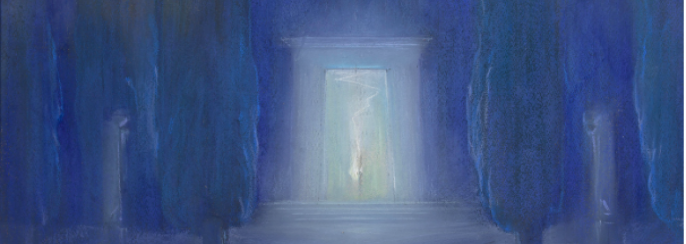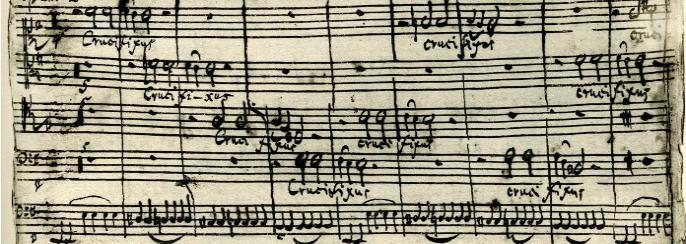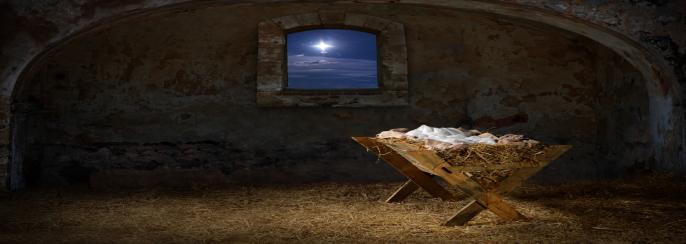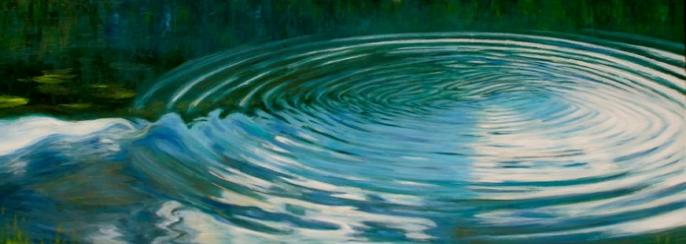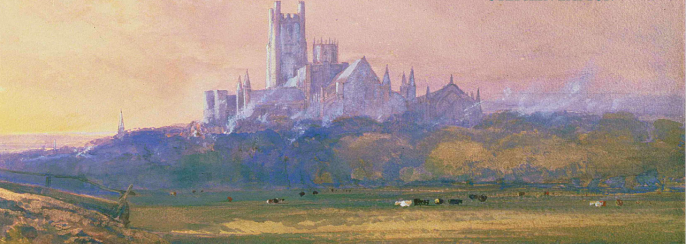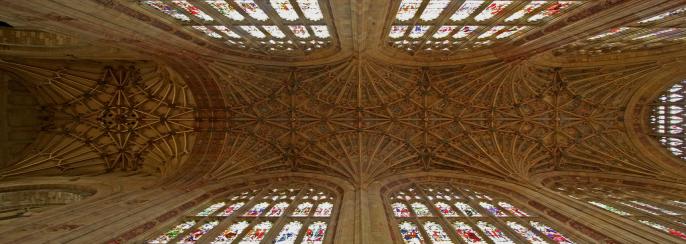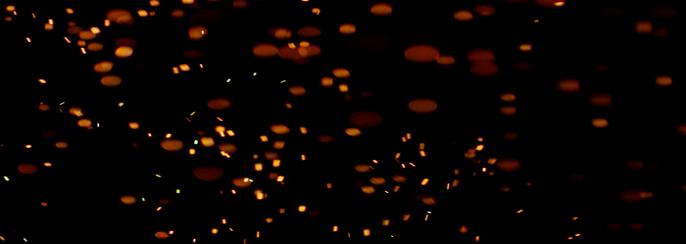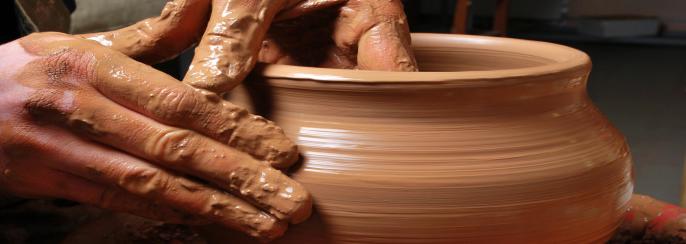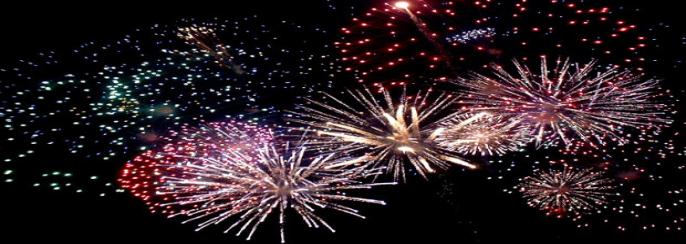Reviews
Review Search

Real Passion on display
Bach's St John Passion is often considered to be the poor relation of the later and more substantial St Matthew Passion. But it was clear from this enthralling performance by the Scottish Chamber Orchestra, SCO Chorus and a stellar line-up of soloists that thereís nothing second rate about this dramatic but intimate setting.
Part of the great appeal of the Passion is the...

APTLY contemplative for Good Friday, this performance of Bach's St John Passion had a similar cast of singers to the one that recently took part in Deborah Warner's staged and costumed version at English National Opera, with Mark Padmore as the Evangelist, Paul Whelan as Christus and Gillian Keith in the solo arias for soprano. There was the same conductor, too, in Stephen Layton, but the music's...

This production is typical of the styles of both the ENO and the director, Deborah Warner, in that it concentrates on the interactions between characters as presented in the music, and that it arouses strong emotions on opposing sides. There are many who either will not attend such a piece out of principle, and they are probably the same people who booed with outrage at some of the images in her...

Deborah Warner's work in the lyric theatre divides audiences like that of no other director. She has provoked the most vicious booing Glyndebourne has ever known (Don Giovanni, 1994) and mocking laughter at the climax of her modern-dress Fidelio in the same theatre last year. And there are those who admire everything she does — I plead guilty. I suspect that the few people who scuttled from the...

The revival of Deborah Warner’s English National Opera production of J S Bach’s St John Passion on 15 March was both timely and welcome, though I must admit – despite the work’s theatrical inclinations born out of its through-composed style – that I was wary of such a production’s ability to deliver its inherent gravity as well as carry off the intimacy and beauty of Bach’s intentions. How wrong...

'Stephen Layton’s Holst Singers really show their mettle … Schnittke fans will want to hear this; and anyone else who’s curious about what one of the 20th Century’s more intriguing and inventive composers was up to during the 1980’s also should check it out'

